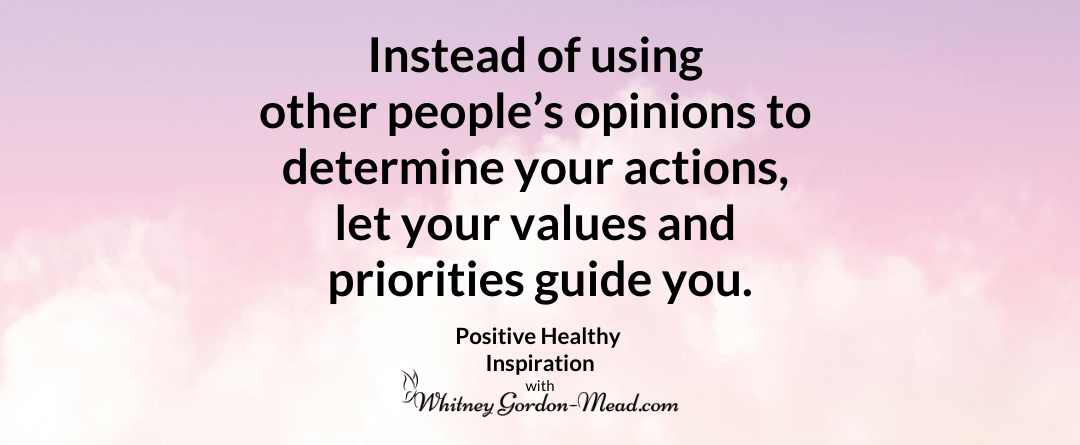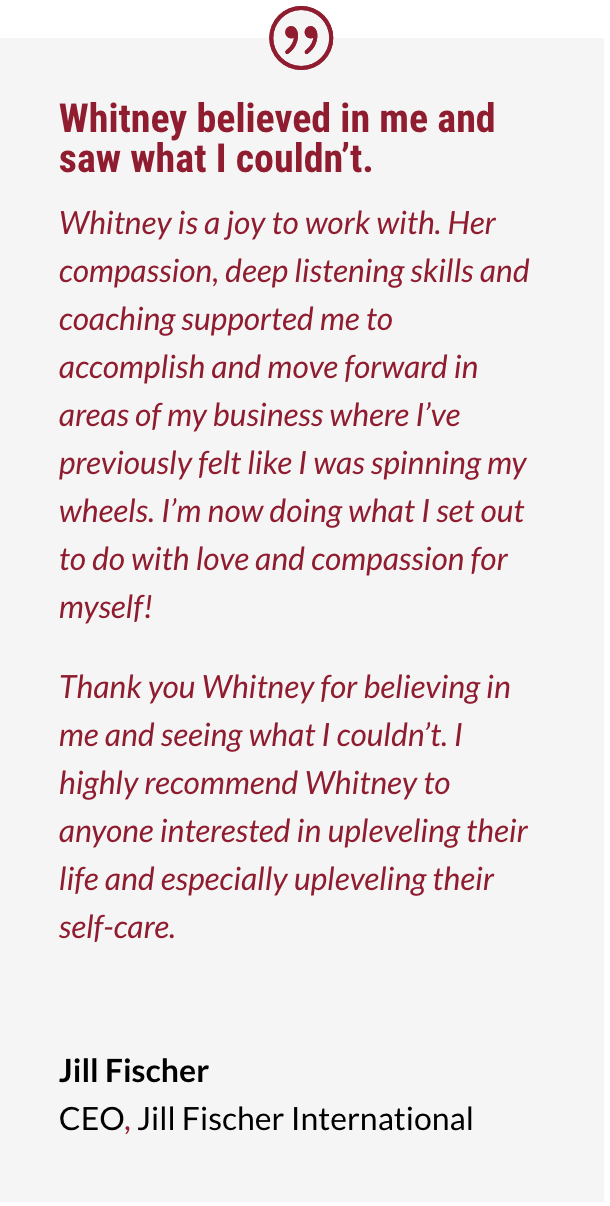I wonder what they think about me.
I hope I didn’t embarrass myself.
Maybe I should do this just to make them happy… Even though I really don’t want to.
Do you ever find yourself thinking about how other people perceive you? You might even go out of your way just to make a good impression.
If you put other people’s thoughts and needs before your own, you might be a people-pleaser. While it’s great to want to build positive relationships, trying to please other people can compromise your own well-being.
In this article, I provide tips on how to stop being a people-pleaser so you are able to put more of your time and energy towards caring for yourself.
What Is a People-Pleaser?
A people-pleaser is someone who constantly tries to get the approval of other people. They will go out of their way to meet someone else’s needs — often at the expense of their own time, energy, and well-being.
A people-pleaser is someone who constantly tries to get the approval of other people. They will go out of their way to meet someone else’s needs — often at the expense of their own time, energy, and well-being. Share on XThe Pitfalls of Being a People-Pleaser
Putting everyone else’s opinions and needs before your own leaves you vulnerable to:
- Loss of Authenticity: You go along with others, even if you don’t agree. Failure to stand for what you believe over time can lead to uncertainty about what you really want or how to be true to yourself.
- Not Valuing Yourself: Each time you say yes to someone else’s needs, you lose an opportunity to say yes to your own. Where you choose to allocate your valuable time and energy indicates what (and who) you truly value.
- Physical Burnout: Your time and energy are finite resources. When you don’t make yourself a priority and practice regular self-care, you may suffer from signs of burnout — exhaustion, stress, and overwhelm.
- Decreased Self-Esteem: Constantly putting other people’s needs before your own can cause low self-esteem. You may begin to believe that your needs and desires are secondary or really don’t matter at all.
- Exploitation: People will begin to exploit your good nature and insecurities. This creates a one-sided relationship where they constantly take, and you continuously give.
Why Do We Become People-Pleasers?
If the dangers of being a people-pleaser are problematic, why might you (and many other women) continue doing it? Often, it’s because you’re uncomfortable with conflict and confrontation.
You don’t want to appear disagreeable to others. “You fear that you’ll lose that person if you say no. You don’t want to be ‘rejected’ or ‘abandoned,’” says Psych Central. So, you follow the crowd.
Insecurity is another common reason. Low self-esteem may lead you to use other people’s opinions of you to define your worth. Unfortunately, this dependency can cause you to go above and beyond for other people, leaving you burned out and overwhelmed in the process.
Are you ready to stop being a people-pleaser and reclaim your time and energy for yourself? Here are five tips for making yourself a priority again.
Stop Being a People-Pleaser: 5 Tips to Help You Let Go of Other People’s Opinions
#1 Understand Your Priorities
When you’re a people-pleaser and agree to do a favor, especially something you disagree with, you’re expending time and energy — valuable resources that you could have used for yourself.
Instead of using other people’s opinions to determine your actions, let your values and priorities guide you.
For example, let’s say your current priority is health and nutrition. But your partner wants to eat out every other evening. Instead of constantly relenting, explain to your partner that you’re striving to be healthier. Propose that you cook healthy homemade meals instead.
Clear priorities help you make decisions that better align with your well-being.
#2 Understand That You Are at Choice
Over time, saying yes too often can form a habit. You’re so used to accommodating other people that agreeing to something — even if you don’t want to — is an automatic behavior.
You can put an end to this pattern by accepting that you are actually at choice. You don’t have to default to yes. You can say no to a request if it does not align with your values and priorities at the moment.
If you are willing to do this, I have a challenge for you.
The next time somebody asks you to go out of your way for something, say no. You don’t have to explain yourself. Just thank them for considering you and respectfully decline.
#3 Set Boundaries
Setting healthy boundaries is one of the most effective ways for you to stop being a people-pleaser. Remember: each time you give away your time and energy, you have less for yourself.
To help you set better boundaries, pull out your calendar and start blocking out time for self-care and personal growth. For example, you could commit Saturday evenings to eating your favorite meal and taking a warm bubble bath. And you could dedicate 30 minutes each morning to journaling and meditation.
Blocking out “me” time in your schedule helps prevent your people-pleasing tendencies from dominating all your time and energy.
#4 Replace “I can’t” With “I don’t”
When you’re a chronic people-pleaser, saying “no” or “I can’t” can feel like the most daunting task. It may take time, but learning assertive communication will help you create boundaries and stand up for yourself.
Instead of coming up with excuses to avoid seeming rude, try being direct.
For example, even though you work from home all day, you’re still exhausted when you clock out. But you always have a friend who wants to meet for drinks and dinner. Instead of making excuses, give yourself permission to simply say, “I don’t go out on weekday evenings.”
Or let’s say your friend is always asking for favors and requests. If you’re busy or you’re feeling unwell, simply say “I don’t have availability to do that at this moment.” Over time, people will learn to understand and respect your boundaries.
This might feel uncomfortable at first, but with enough practice, assertive communication will become second-nature.
#5 Restore Order to Your World
Too often, women seek validation in external sources — their friends and family, status, the number of likes from social media.
And sometimes, this behavior stems from your life feeling chaotic and unorganized.
You’re overwhelmed by all external forces: work, caring for your family, staying safe during a pandemic. You might also be coping with internal struggles: poor self-esteem, anxiety, and powerlessness.
To help you feel beautiful and empowered again, I invite you to claim a Complimentary “Overcoming Overwhelm” Discovery session with me.
In this 60-minute consultation, you’ll:
- Reveal a clear and compelling vision of what else is possible for your life when you no longer have so much on your plate and are enjoying your life again
- Get simple and practical tips for how to break free from your symptoms of overwhelm
- Tap into greater energy and inspiration
- Explore how having a partner on your journey will provide a shortcut to all that you desire.
Click here now to schedule a Complimentary “Overcoming Overwhelm” Discovery session.





